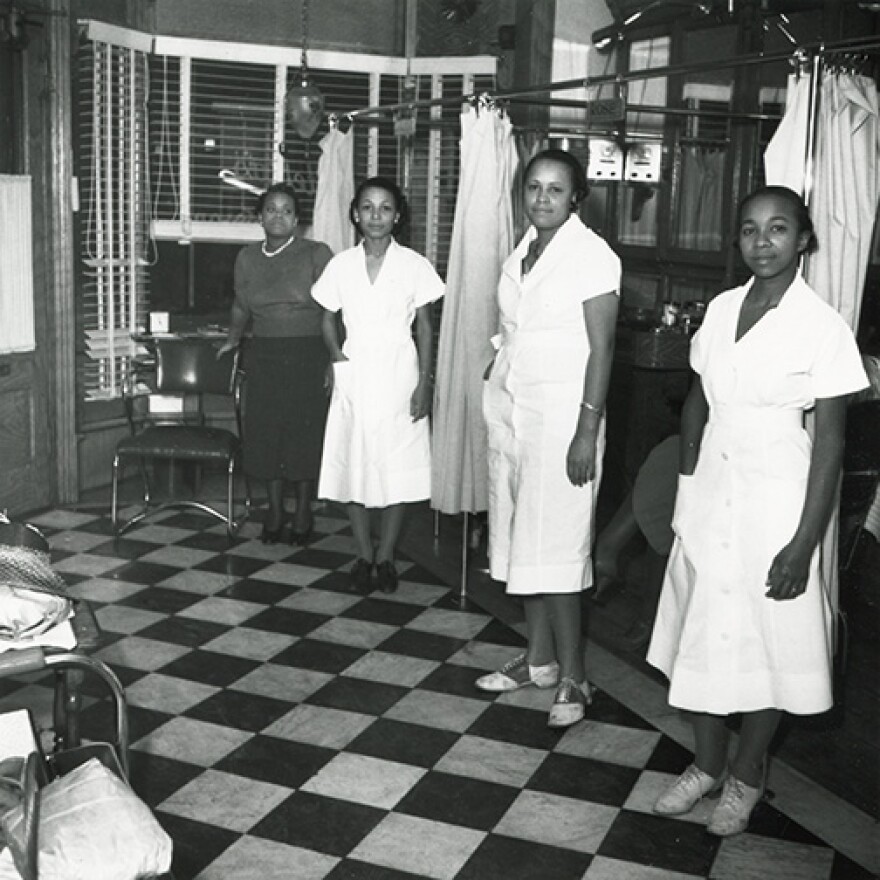During the Civil Rights era – beauty shops played an important role in African American women’s politics.
This role was the topic of a talk last week by University of Delaware Black Studies Professor Dr. Tiffany Gill.
She’s the author of a book: Beauty Shop Politics: African American Women’s Activism in the Beauty Industry.
Dr. Gill first started researching beauty shops and beauticians while studying African American women involved in the civil rights movement at Rutgers University.
“And I began to notice when I was looking for the leaders of the Civil Rights movement, that many of them were beauticians," Gill said.
She discovered those beauticians often used shops they owned as hubs for African American women to organize for political purposes because they could avoid scrutiny other businesses commonly faced.
“It actually made a lot of sense that beauticians were those who were leading civil rights initiatives, since they were the ones who were autonomous in the sense that they were business owners, they were not indebted to any white clients, they had their own clientele – and they had access to a space, the beauty shop," Gill said.
Gill says one beautician in the 1960s - Bernice Robinson – allowed women to secretly prep for voter registration literacy tests at her shop.
“So she would literally turn her salon into a school at night – and these were schools that had to be underground and had to be subversive because those in power did not want African Americans learning, did not want them to prepare for the literacy tests that were part of their voter registration," Gill said.
Gill adds many groups would even have mail – especially when it included materials like NAACP flyers – sent to the salons, because no one suspected anything other than gossiping and hair styling was happening there.
Later this month, History Matters will take a look at the role of these beauty shops in Delaware’s history.






